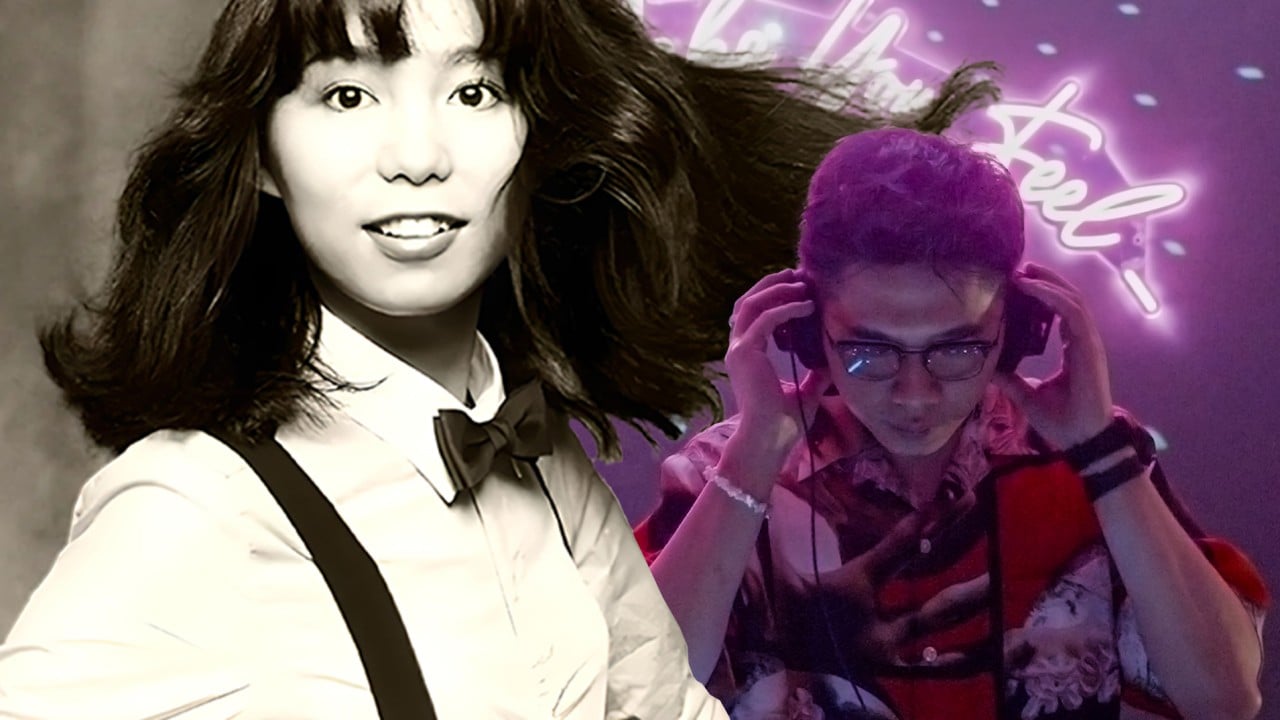1980s Japan lives on in Hong Kong as ‘future funk’ music finds a home. We meet a fan of vintage pop culture who’s helped the genre thrive
- A shop in Hong Kong’s Sham Shui Po is the centre of an electronic music genre that remixes the sounds of 1980s Japan into a style called ‘future funk’
- Davy Law, of the Showa City Club shop and label Neoncity Records, tells the Post how the genre evolved on the internet before spreading to cassette tapes

Showa City Club is easy to miss – the unassuming shopfront sits next to a home appliances store in a rapidly changing corner of Hong Kong’s Sham Shui Po neighbourhood in Kowloon.
Its shelves hold a colourful collection of vintage Japanese pop culture ephemera – anime figures sit next to lava lamps and vintage Casio digital watches, and a shelf of vinyl records is well stocked with albums by bubble-era hitmakers like Toshiki Kadomatsu.
It is the centre of a growing genre of electronic music that remixes the sights and sounds of 1980s Japan into an energetic, dance-floor-ready style called “future funk”.
“Nostalgia is a really big part of the whole future funk community,” says Davy Law, owner of Showa City Club and Neoncity Records, a home-grown label run out of the same space that has released albums by most of future funk’s biggest stars, artists like Macross 82-99, Yung Bae and Night Tempo.

